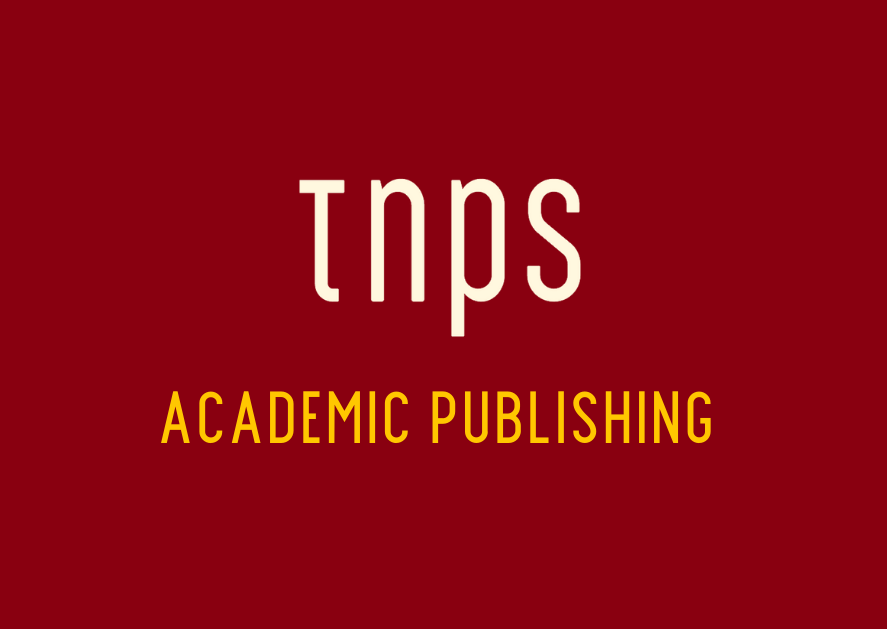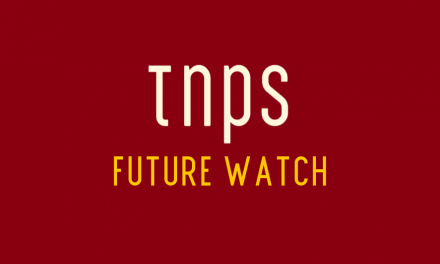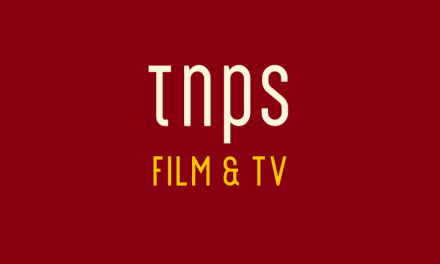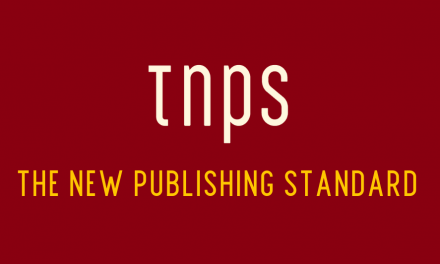Curie, an AI-powered scientific writing assistant tailored for researchers, especially those for whom English is not a first language.
Berlin-based academic publisher Springer Nature posted its financials this month. Underlying revenue increased 5% in 2024, rising to €1.85 billion ($2.02 billion) while adjusted operating profit increased 7%, to €512 million ($559 million).
Springer Nature doesn’t say how much AI contributed to its latest results, but talks about continuing to make “significant investments in technology and AI to improve and accelerate the publishing process and ensure that the research it publishes is robust and can be trusted,” with 2024 technology related investments totaled €177 million ($193 million).
Curie launched 2023
Springer Nature acquired the Netherland’s Slimmer AI Science division in 2023, and the same year launched Curie, an AI-powered scientific writing assistant tailored for researchers, especially those for whom English is not a first language.
Trained on extensive academic literature, Curie addresses common challenges in scientific writing, such as grammar, phrasing, and translation.
MS Word Integration
Integrated into Springer Nature’s submission process and available as a Microsoft Word add-in, it streamlines the path to publication, saving researchers time and enhancing the quality of submissions.
Just one more example of how AI is transforming the publishing industry not by stealing jobs but by creating new opportunities while improving quality.
This post first appeared in the TNPS LinkedIn newsfeed.





